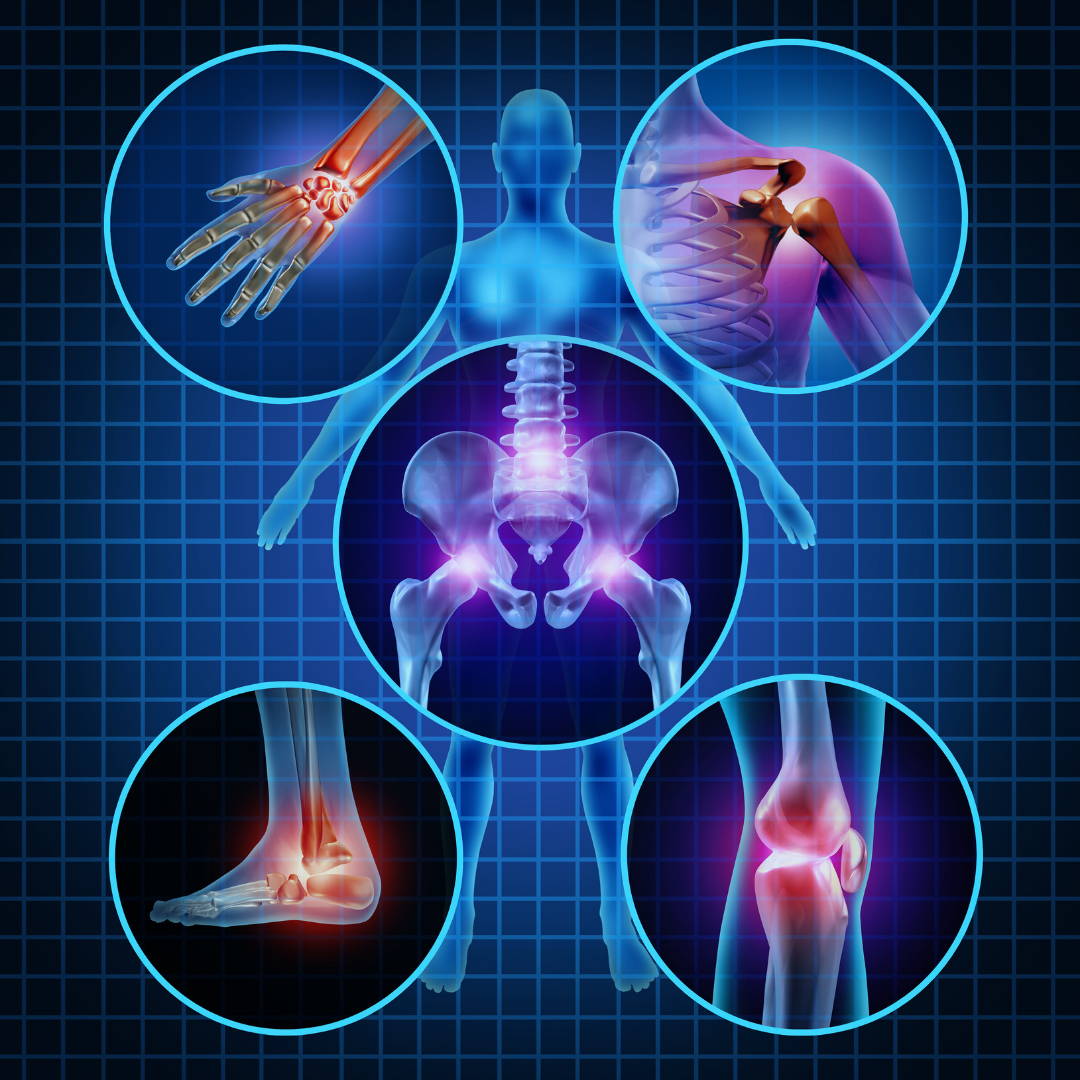How Does Aspirin Reduce Inflammation?
Aspirin is used to treat pain and general flu. Some also use it to treat arthritis. Do you know how aspirin reduces inflammation? Read on to find out.
Is aspirin your go-to painkiller? Are you aware of the aspirin side effects? This blog tells you the truth about aspirin and its side effects.
Aspirin is a common drug to treat pain, fever, or muscle aches. It is readily available over the counter, and people worldwide use it without a prescription. Aspirin is known to have anti-inflammatory properties and can reduce swelling. But are you aware of aspirin side effects?
Before breaking down the uses, benefits, and side effects of aspirin, let us understand more about aspirin.
What is Aspirin?
Aspirin is a non-steroidal, anti-inflammatory drug that was the first of this class of drugs to be discovered. With a history of about 4,000 years, aspirin contains a compound called salicylate, found in willow trees and myrtle.
It works by reducing substances in the body that cause pain, inflammation, or fever. Aspirin is non-narcotic, meaning they do not cause insensibility.
Some people also use aspirin to treat arthritis. But is aspirin useful in arthritis? Let's find out.

Can Aspirin Treat Arthritis?
As aspirin has anti-inflammatory properties, it is used for many forms of arthritis. That said, it can only be a part of total healing treatment for arthritis and not the sole solution. Let me explain further.
See, when you have arthritis, it is not just the pain you need to fight back. The pain you are experiencing is not the problem. It is just a symptom of arthritis, while inflammation is the reason for the pain.
You should aim to correct the damage to the joint cushion, focus on the need to rebuild the connective tissues, and restore flexibility.
A proper arthritis treatment program will include rest, exercise, and medication therapy to reduce inflammation and build cartilage. You can use PCD JointFlex®, specially formulated with anti-inflammatory ingredients such as Manganese and MSM.
Aspirin can help you relieve the pain for a while but cannot eradicate the root cause that is causing you the pain. Moreover, you will be affected by aspirin side effects.
What Can Aspirin Do?
- Aspirin is a wonder drug. Here are some of the usages of aspirin:
- Aspirin can ease or eliminate a headache
- Common cold and flu
- Treats menstrual pain
- It can reduce joint aches caused by arthritis
- Prevent blood clots that cause heart attacks and strokes
- It brings down fevers by blocking a mechanism that causes the temperature to rise
How Does Aspirin Reduce Inflammation in Your Body?
When you get hurt, you experience pain. Your nerves send electrical signals to the brain, and the injured tissue releases chemicals called prostaglandins. It intensifies the electrical signals coming from the nerves, which multiplies the pain you feel.
Aspirin works to address that electrical signal and blocks the effects of prostaglandins. It reduces the pain and swelling in your body due to its anti-inflammatory properties.
It works to prevent the cell fragments in your blood from clumping and clotting in your arteries, thereby reducing inflammation and other further damage.
If you have arthritis, the main goal is to find out the root cause and treat the pain. See, it’s all about stopping the inflammation and building the cushion to prevent the inflammation. You can try Deflame® Curcumin Ultra, which has curcumin, known for its anti-inflammatory properties.

Side Effects of Aspirin
- Common side effects of aspirin include:
- Nausea
- Vomiting
- Heartburn
- Stomach cramps
- Irritation in the intestine lining
Now that you know the side effects of aspirin be careful when considering the regular dose of the medicine. To understand more about arthritis and how you can treat arthritis, you can visit YureGen Lifestyle.




Leave A Reply